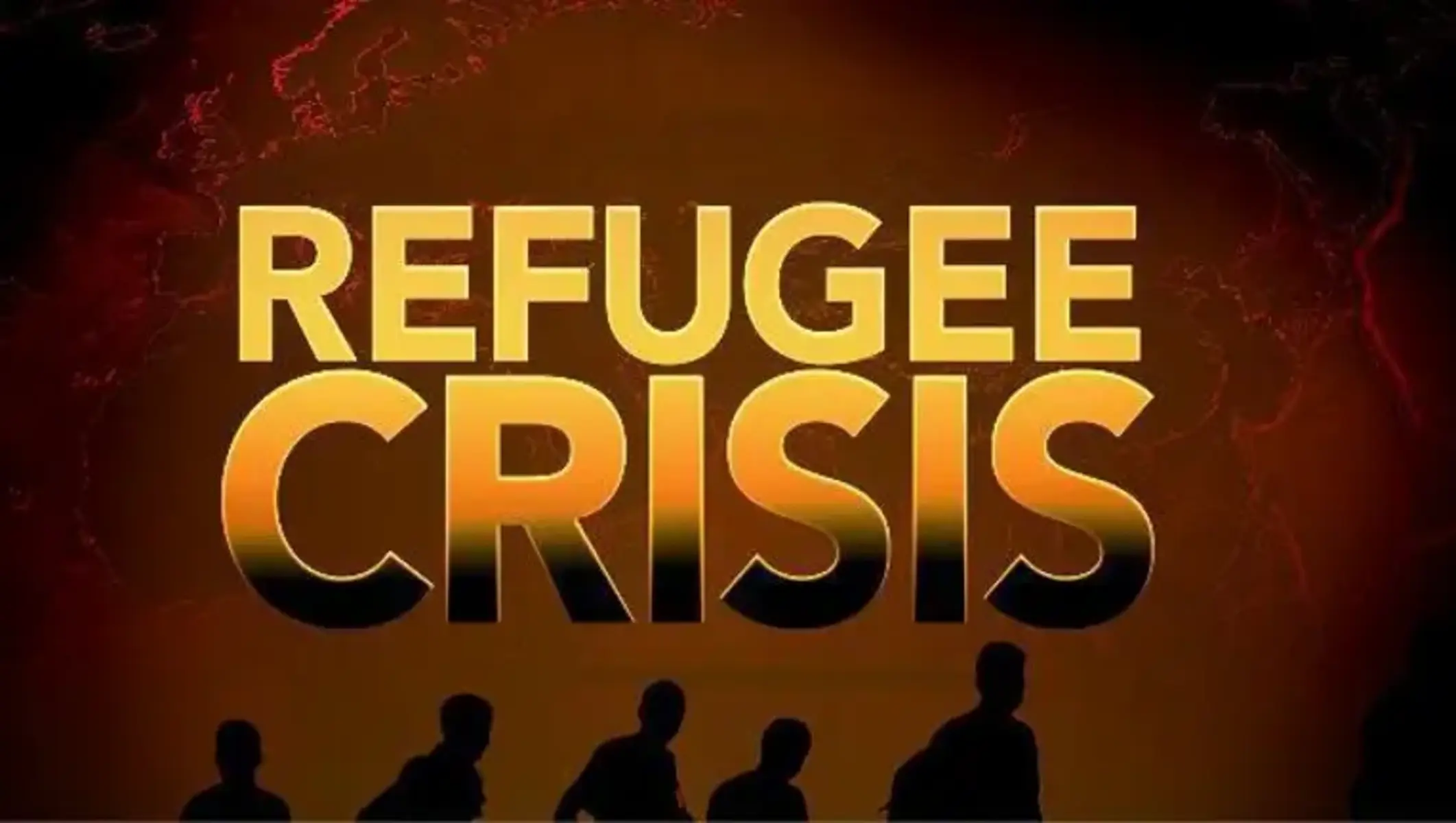Population and Associated Issues, Poverty and Developmental issues, Urbanization, their problems and their remedies
News: Refugee rights, the gendered nature of displacement
India’s socio economic structure is facing serious issues as a result of the refugee inflow from nearby nations. Analyze the effects of the refugee crisis on matters like jobs, education, healthcare, and the environment. Suggest plausible policy recommendations for addressing these issues.
The United Nations High Commissioner for Refugees (UNHCR) estimated that there were over 117.3 million displaced people in the world as of the end of 2023. 37.6 million of them were refugees.
Armed conflict, bloodshed, and persecution compel millions of people to escape their homes every year. This leads to a significant number of people being relocated. These figures are probably going to rise due to the ongoing wars in places like Israel, the Ukraine, and Myanmar.
Impact of Displacement on Gender
- Displacement disproportionately affects women, particularly those who are disabled.
- The UN Population Fund emphasizes that “the face of displacement is female,” implying that women and girls suffer disproportionately from the negative effects of migration.
The Legal Structure and India’s Position
- The UNCRPD, or the UN Convention on the Rights of Persons with Disabilities: The rights of people with disabilities, particularly those with psychological problems, are recognized by this international convention.
- It demands that all human rights and fundamental freedoms be equally enjoyed by women and girls with disabilities.
- The India-specific Rights of Persons with Disabilities Act, 2016 (RPWDA): People with impairments are guaranteed rights under this statute, including access to healthcare.
- Its applicability to women refugees is limited, though, as it makes no mention of psychosocial disabilities or refugees.
Challenges in India:
- Lack of explicit Law: India does not have any explicit domestic laws protecting refugees, including those with disabilities, and is not a party to either the 1951 Refugee Convention or its 1967 Protocol.
- As a result, there is a gap in the rights of refugee women who have psychological problems.
- Restricted Access to Healthcare: Most public health programs offered to citizens do not include refugees, and they frequently have limited access to health services.
- This indicates that despite the Indian Supreme Court’s affirmation of refugees’ Article 21 right to health care, there are still barriers to actual access to these services.
- Need a comprehensive legislative framework: This framework should include special provisions for refugees with disabilities in order to solve these concerns. This structure need be uniform.
- This would ensure that refugees with disabilities receive the necessary support and aid in the implementation of international commitments.
Way Forward:
- Develop Inclusive Policies: To ensure that refugees with disabilities are included in health care and other services, policies that particularly address their needs should be developed and enforced.
- Getting Information: To better understand the needs and challenges of refugees with disabilities, collect unidentified data on their health status.
- Boost Understanding and Assistance: Enhance accessibility and availability of mental health treatments and raise awareness of the unique challenges experienced by disabled refugee women.
Comprehensive reforms are vitally needed to safeguard the well-being of refugees with disabilities and fair access to support services. This is highlighted by the persistent, systemic deficiencies in India’s refugee protection framework and the exclusion of these refugees from key rights.

